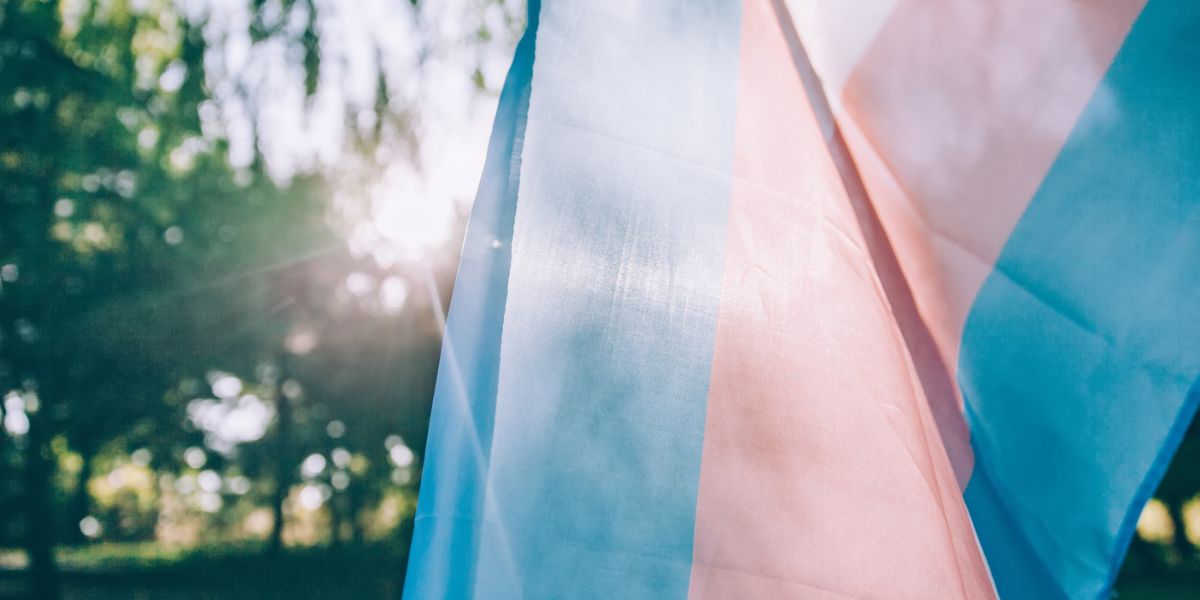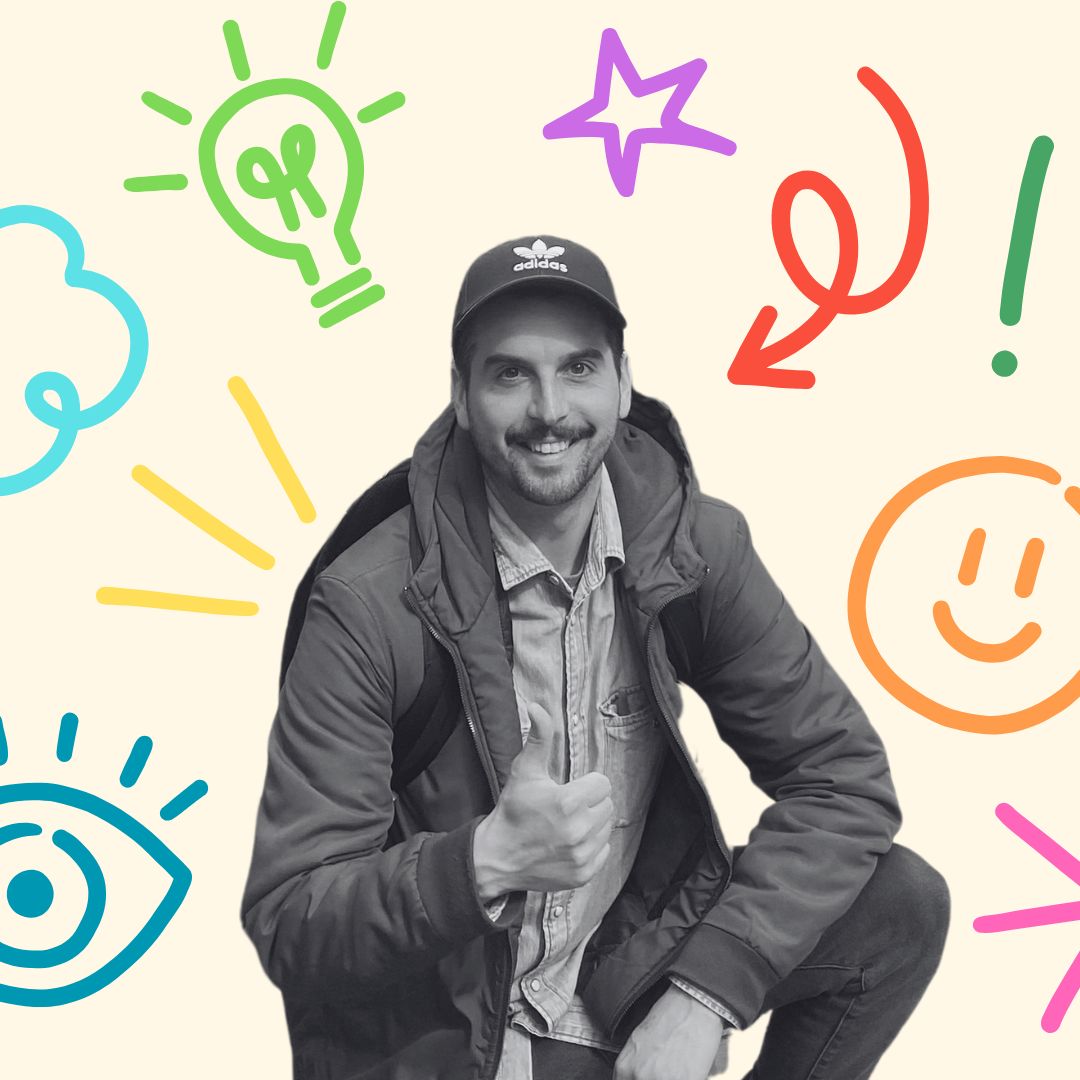We’ve had the pleasure of speaking to members of the Penner family before — having written about sisters Hayley and Kendra Penner (twice) — and now we’ve got a chance to hear from Fred Penner himself. Hayley sat down with her father to discuss art, poetry and, of course, music.
Hayley: What makes something art to you?
Fred: I don’t know if I have an answer for that. What makes art? I mean, it needs to be pleasing to the eye. I suppose.
Hayley: To whose eye?
Fred: Well, there it is. Because other people might say, “Oh, that’s cool.” Or they’ll comment in a positive manner. And I’m self-critical when it comes to that part of it. I’m pretty comfortable now with my music and the level of creativity in my voice. I’ve learned how to do that. The drawing is a newer challenge for me.
Hayley: It’s the less confident voice.
Fred: Exactly, that’s a good way to put it, a less confident voice but I’m becoming more and more confident with it. I don’t feel articulate in the same manner. But I am learning about how my art reveals itself. It’ll be just a blob in my brain. And then I think, well, if I do this, if I angle this, if I shade there a little bit, if I change that angle, it goes another dimension, and then there’ll be many dimensions that need to happen, before it starts to come out of the page.
So now, looking at it, I’m becoming more aware of what that process might be for me. I’m not going to sit down and have it perfect right off the bat. Art is a process that I’m not totally comfortable with yet. But I am understanding now that it is a layered process for me. I’m becoming more comfortable with not being critical of it right off the bat. You know, do your outline sketch, and then sit with it for a minute and think then, “Oh, there it is.”
I want to feel more comfortable doing it. I’m learning some things from the workshops I’ve been taking. So, it’s going into dimensions and I’m starting to feel more comfortable at least attacking a page.
Hayley: Do you approach music in the same, “Here is the blob, now i’m going to pick away at it and articulate it,” way? Do you see some crossover in those two techniques in visual art and songwriting?
Fred: With music 99% of the time, I do lyrics before music. The poetry is there. Once I’ve got the concept and I know what I’m going to be writing about, then it’s the brain brainstorming. It’s like when you write down a phrase or a line or something that catches your ear or catches your eye and then you start to pull those pieces together to make a phrase. And I really enjoy that process when I get into it.
What often happens, which I think is interesting, is I’ll write the chorus before I write verses. I’ll write the freestyle and then I start expanding and going into my three-layer deepness. I often look at the first verse as your opening thing. Here’s the concept of what this song is about. And then it goes ultimately deeper to hit an emotion.
The example that I have used when people have opened that door for me, is a song called Collections. What are collections? When you’re young, it’s rock shells, bottle caps, any little bottle can become part of your collection. The next level is when you’re getting older: stamps and coins and stickers. A story poem and song open my imaginations to things that make me strong. And then the third one is: I can’t show you the collection that means the most to me, because it’s hidden deep inside, where nobody can see. It comes from those who care for you. This collection has it start in the memories and the feelings and the pictures in your heart.
I did that in I Am the Wind. There are many songs that I’ve done that in. I try and go deeper and then the chorus, or the bridge will just take it off.
Hayley: That crushes. Now, does that feel instinctive? Or did someone teach you?
Fred: I always had an interest in school. I wasn’t a great student, I was Mr. C, right down the line. I did enjoy English classes. I liked the poetry. I like the process of analyzing a poem. The iambic pentameter and doing those little marks. You know where, if it’s a lower thing, then you just put a little checkmark. If it says emphasize that, you put a red slash. I also liked learning that little technical part of the process. I felt inspired by that, you know, I was also good at chemistry and math so that kind of mathematical view of writing was always part of it. I felt there was a connection there. And I think my love of a language started very young.
When I was a teenager, I learned how to count to 10 in a half a dozen plus languages. There was a Hungarian lady who lived next door at our place on Corydon growing up. She’d say hi and we’d say hello. And I would ask her how to say certain words because she spoke very little English. I would say to her, “How do you count to ten?” or “Say hello?” Then I would say, “How do you say ‘please’ in Hungarian?”
I always felt drawn to language and what that could do before any music really came along. I started playing guitar when I was 15 when I was at the end of my high school years and looking to go to university. I ended up going into economics, but I did inquire about voice therapy. I wanted to be a voice therapist; my curiosity was there. But there were some courses that I did not have. Yeah, so the language was part of it. So, I didn’t really start writing songs first, I wrote poetry.
Hayley: When did the first poem become a song?
Fred: The one that pops into mind that I really concentrated on was, I was in Kenora in the early 70’s and there was a program on TV called Die Hard. And it was about the silicosis disease with the miners in Newfoundland and for whatever reason, I thought it was an interesting story. So, I grabbed my pen and paper, and wrote out seven or eight verses, and it’s called Lily Drake. Your mom did a dance based on that. It went, “Lily Drake is left behind to mourn the passing of a man. Radiation and the dust can take their toll…” it gets deep. It’s like an East Coast Sea shanty. It was really poignant in many ways and I felt really fulfilled and satisfied at the time that I got to the end of that one.
Then I wrote a song called Andy, about this alcoholic guy at the Lake of the Woods hotel, many of the songs were human-focused, with an emotional level to them.
Hayley: It seems like your first songs were sort of about humanity as a whole or the outside world but not necessarily your individual personal internal world. I’m wondering if there was a song that turned the mirror inward, or do some elements of the stories about other people just feel like they’re also about you?
Hayley: I can feel that in writing with somebody about what they’ve gone through. There are elements that I empathize with that inevitably, I feel like are my own experience.
Fred: That’s a good point. I mean, in my personal life philosophy one of the phrases that is always there is, “There but for the grace of God go I.” Like, why am I here? Why have I been given the opportunity for basically my whole life for five decades, to be able to make a living taking a thought and putting it on paper and presenting it to an audience? How did any of that work, I don’t know. It was a gift certainly. And I have such compassion for humanity. And that’s why what’s happening in the world now… it just pains me.
I went to a great little Middle Eastern restaurant; we picked up some and they had Baba Ghanoush for $7 in this big container. There was a young man serving at the counter and he was talking to his mother. I looked at her and said, “Did you make this baba ghanoush?” and she had. Just acknowledging what she had created, also acknowledges her history.
It goes back to Mr. Rogers. I saw him at a teacher’s conference in Toronto years ago. And he basically had 10,000 teachers pray for one minute without noticing. There are clips of him doing this in other settings. But he got up and said, “Often in our life, we forget about the people who gave us those little bits of encouragement, little moments where somebody went out of their way to say, ‘Wow, you’re a fabulous person. I really love when you do that.’”
Fred: When someone does that to you, you feel uplifted, and something is released or taken in. And he said, “People forget the ones that help along the way, whether it’s a relative or a friend or a teacher.” He said, “I’m going to give you a minute to think about those people in your life. Okay, ready? Go.” And a minute of total silence is an eternity. It’s unbelievable if you really focus in and are mindful to that minute. Then, all of a sudden, after about 10 seconds, you have people rustling in their bags for the Kleenex and the tears are flowing, because of that beautiful support for another and the inner awareness of the people in your life who have contributed to you being here.
How easy is that? How bloody simple is that? To be aware of that? I love that work. And when I see kids doing drawings? It’s, “Wow, what’s that?” Expressing true curiosity in what the person is doing. Like, “How did you come up with that idea? Why are you doing that? Can you tell me more about that?”
Hayley: It’s like the Baba Ghanoush, it immediately connects to where she learned to make Baba Ghanoush. It immediately has a sort of legacy. It’s just such connective tissue. By celebrating something somebody’s doing, you’re celebrating a whole line of things that had to happen to get to that place, which is amazing.
Fred: And it’s relatively simple to encourage that and painfully obvious when you don’t do that. I get frustrated when I’m not as curious sometimes as I feel I should be. But then I’ll look back and see it as a missed opportunity when I don’t take a moment to give that a little bit of a nudge.
So bottom line for me. Yes, my creativity is not done. I’m 77 and I still feel there are things that I want to learn and want to accomplish. Yeah, I want to push myself in spite of my own procrastination, which is massive.
Hayley: Do you feel like your procrastination has gotten worse in a world of devices, phones more access to shows?
Fred: Yeah, it probably has. Because in a day I will spend too much time playing games…
Hayley: Scrabble, with me.
Fred: Yeah. Then there are really funny little gifs and things that people post. That’s fun to look at. It gives me some levity. But if I didn’t have that, what would I be doing? I’m not doing new year’s resolutions anymore. But it’s about intent. My intent, if possible, is to record more songs. Write more songs. I just saw again on the internet that Rick Rubin was saying to record everything. Every song that’s in your brain, record it, put it down, get it down on a piece of paper or on tape in ones and zeros. Put it down with no intention of where it might go. I’m not gonna write because, you know, Taylor Swift needs a new song.
Then it’s just the creativity that you’re playing with. That’s the whole point. There may be a point where it is for general consumption because of where the world is or because of how you’re feeling.
Hayley: I do that, I record everything all the time, every little bit of an idea. And sometimes it never comes out but what has also happened is that I’ll look back on an idea from five, six years ago, whatever, and go, “Wow, this could have been written about what I’m going through right now.” In a way that makes me go, “Ah, I’m the problem, it’s me.” Maybe there’s some of these things that were in me before I ever got into a relationship. You know, rather than seeing my behaviour as a response to something.
So, it has been revealing in terms of my own patterns, to go back to pre-relationship songs and realize there’s some similar stuff back there. Before I had even been in a relationship yet. It’s been very telling.
Fred: Yes, revealing. To help you understand who you are and how you work. And that takes us back to the to the art thing.
The songwriting has always been there. It goes back to early, early days, when for whatever reason I wanted to write something. I felt a need to. I had to get it out somehow.
Hayley: Okay, on that note, we’ll say goodbye.
Fred: Okay, goodbye.
Hayley: Say goodbye to the audience.
Fred: Yes, goodbye. Good people. It was a pleasure sharing some thoughts with you and especially with my daughter.
Hayley: Yes. Especially me. Especially. Thank you so much.
Fred-Penner
Fred Penner as photographed by Kendra Penner.




